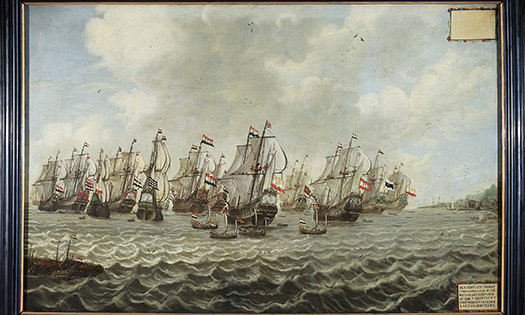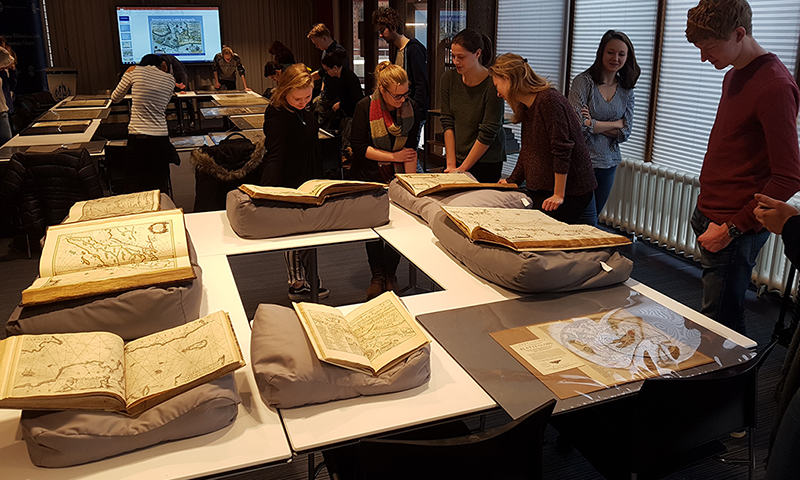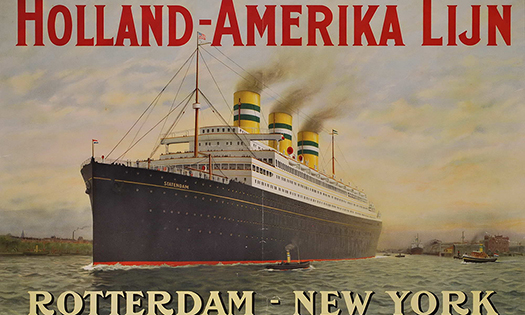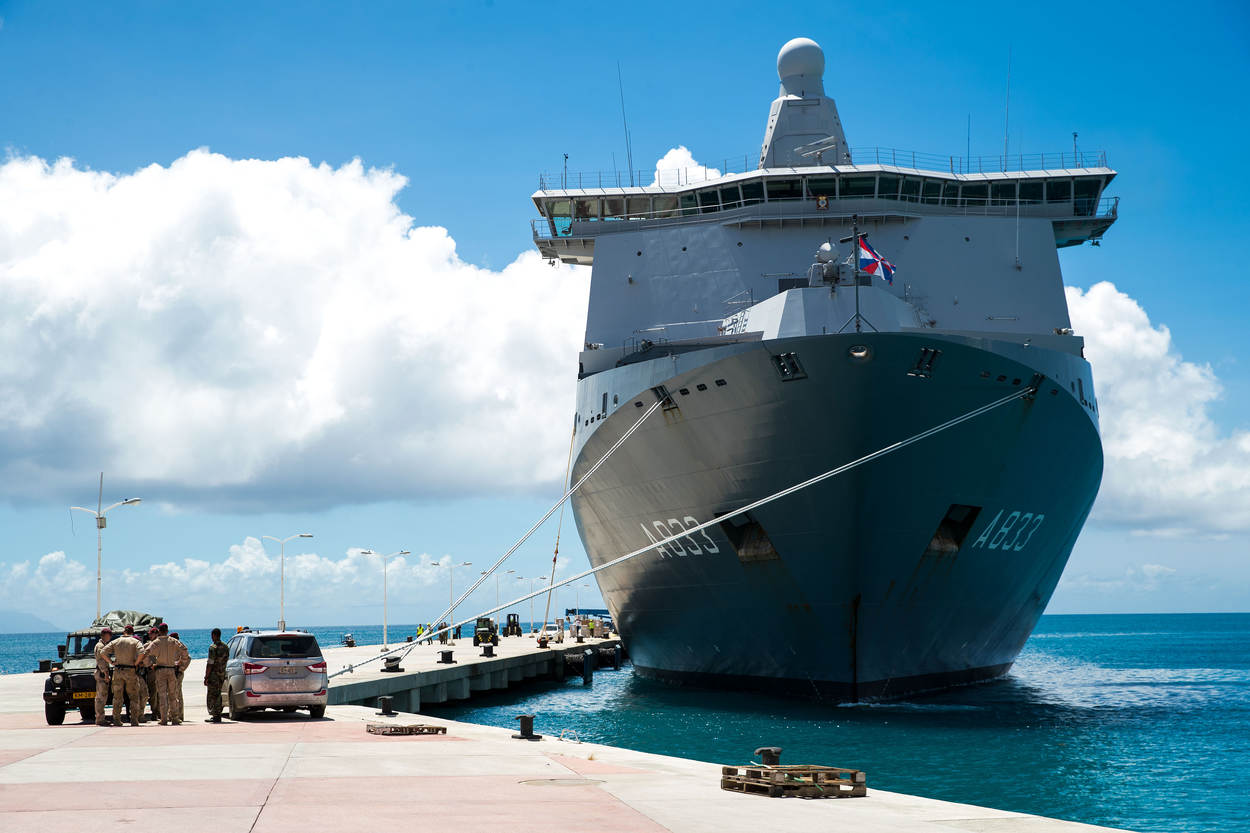Colonial and Global History (MA)
Maritime History
Maritime History encompasses humankind’s relationships to the seas and oceans of the world.
-

Our diachronic MA programme explores the Dutch seaborne empire in the Atlantic and Indian Ocean worlds in comparative perspective. -

In our seminars we examine archival and printed sources, and integrate material culture and heritage for an interdisciplinary view of the past. -

Engaging with a wide body of scholarship, we study major transformations in history, such as migration, globalization, and tourism. -

Our focus continues up to the present day, as the Royal Navy faces new geopolitical and environmental challenges around the globe.
Why choose Maritime History?
- You will gain knowledge about the enduring and ever-changing relationship between humankind and the sea.
- You will connect developments in global shipping to major transitions in colonial and post-colonial societies.
- You will have the opportunity to do an internship at Het Scheepvaartmuseum (Amsterdam), Maritiem Museum Rotterdam, the Nationaal Archief, or various other cultural heritage institutions.
Detailed programme
For a detailed programme, see the Prospectus. Please note that this guide applies to the current academic year, which means that the curriculum for next year may slightly differ.
Maritime History and Global History
Leiden is the only university in the Netherlands with its own master’s programme in Maritime History. Being firmly embedded in the specialisation Colonial and Global History gives the programme its unique character. You will address questions such as:
- Why have humans taken to the sea?
- How have different societies mastered the sea?
- Have seas and oceans connected or divided people, commodities, values, and ideas?
- How do different maritime cultures compare?
'The Oceanic Turn'
Maritime History has enjoyed a real renaissance in the past two decades, experiencing an interdisciplinary transition known as the 'Oceanic Turn'. Besides economic, political, and nautical themes, there is fresh attention to social, cultural, and environmental phenomena. At Leiden University, textual sources on global shipping are connected and compared to visual and material culture. Our programme is given in close cooperation with professionals from various cultural heritage institutions in the Netherlands.
Rozemarijn Vlijm
Student in Maritime History

“My internship at Maritime Museum Rotterdam offered me the chance to explore future career possibilities, expand my professional network and gain experience outside the academic field.”

